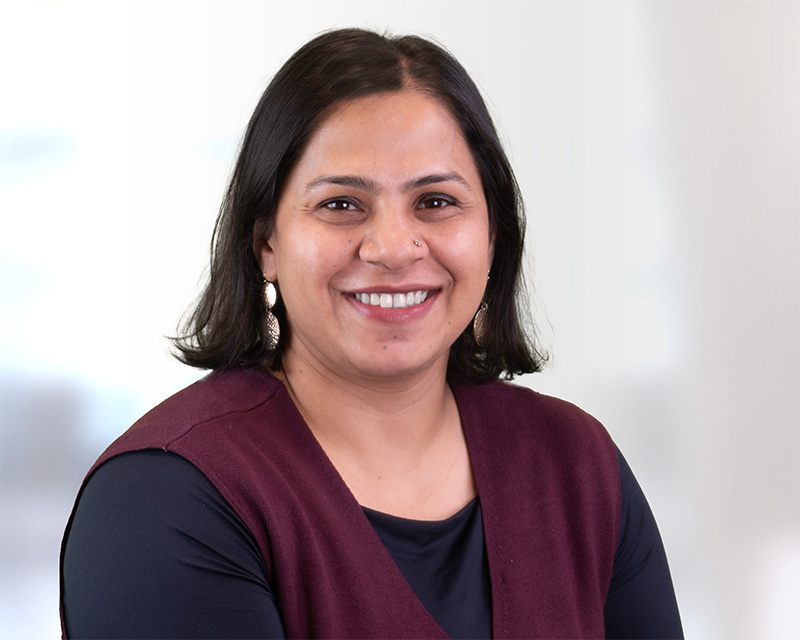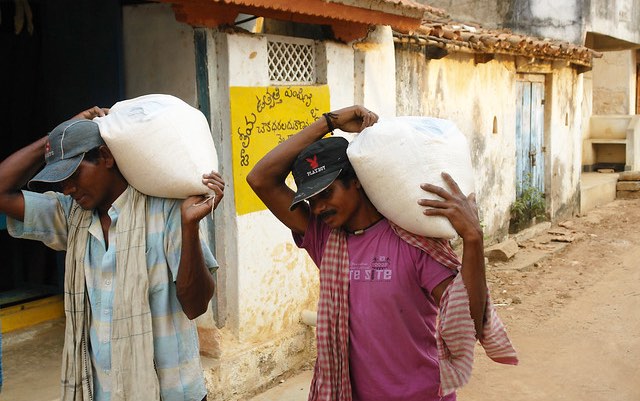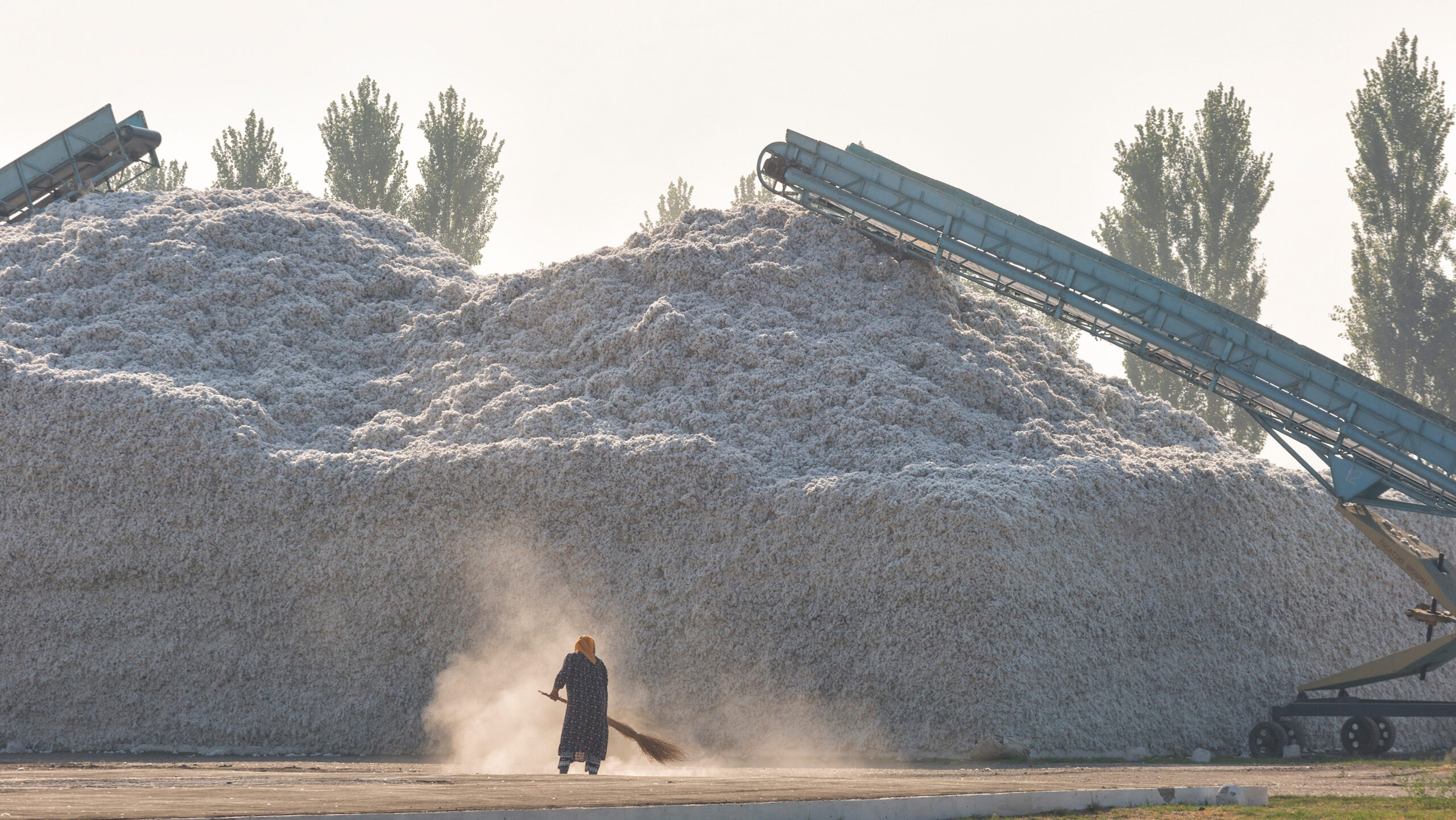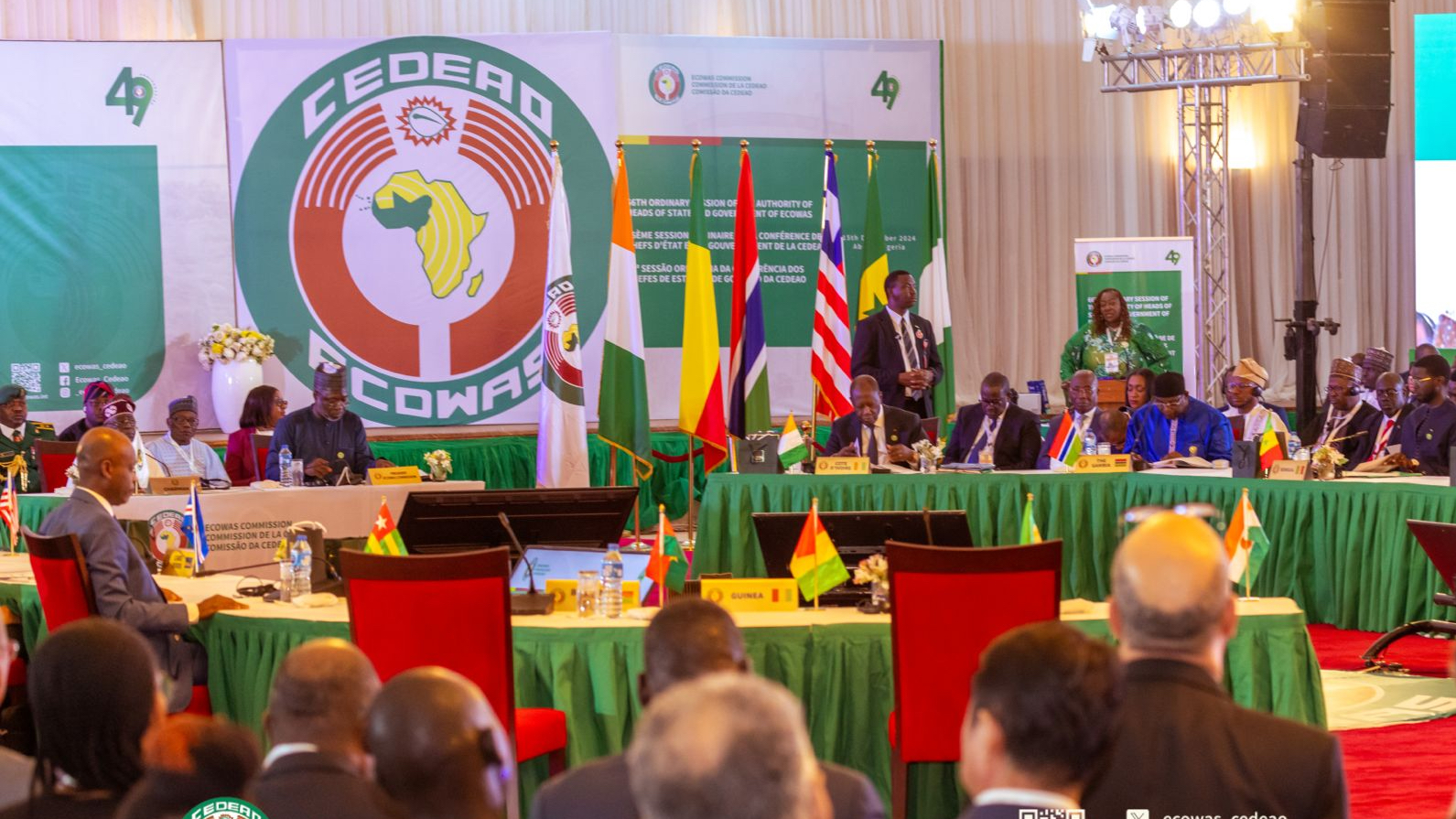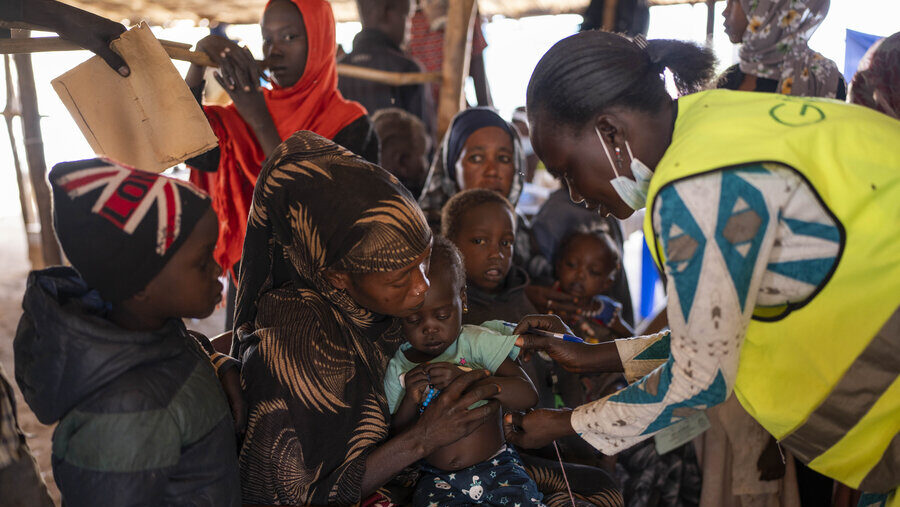On June 27, India Food Minister Ram Vilas Paswan announced plans to move towards a system of “One Nation One Ration Card” (ONORC). The system, once introduced, would enable beneficiaries to get their quota of grains from any ration shop of their own choice across the country. The ONORC system will be of considerable utility to migrants.
To see the benefits of ONORC, it is important to understand the functioning of the Public Distribution System (PDS) across the value chain. Two processes central to the PDS are identification of beneficiaries and due allocation per the attributes of price and quantity (in addition to meeting the requirement of the quality and variety of grains).
There are several issues related to these two elements of access that ONORC can potentially resolve.
Migrants will benefit
The first relates to the amenability of ONORC for migrants. Identification of beneficiaries is transaction-cost heavy and is fraught with several typical inclusion and exclusion errors. If a household moves, to become eligible these costs must be incurred all over again.
Given the quintessential low bargaining power associated with the fact of being a migrant, the costs are generally steeper for migrant families. ONORC, by doing away with duplication and eligibility-related cost escalations, will benefit them significantly.
Also, as partial migration is a common phenomenon, ONORC, if combined with divisibility in entitlements, can benefit households even more. The migrant member can pick up grains at his location while family members staying back in rural areas pick their share there.
Second, conditional on eligibility, the experience with PDS depends considerably on the last node of delivery—the fair price shop (FPS). Across three researched states—Bihar, Odisha and Uttar Pradesh—beneficiaries complained about discrimination by dealers, especially against women and in terms of providing quality services.
ONORC will give the beneficiaries the opportunity to choose the dealer of their choice. If any dealer misbehaves or misallocates, the beneficiary can switch to another FPS shop instantly.
ONORC will be particularly beneficial for women and other disadvantaged groups, given how social identity (caste, class and gender) and other contextual factors (including power relations) provide a strong backdrop in accessing PDS.
Our research clearly shows how locational heterogeneity and complexity of social relations are a major determining factor in accessing PDS. Despite being a universal right, control over ration cards becomes a strong instrument for discriminating against women, the lower castes and the economically less powerful.
Further, the quality of services is markedly inferior for the subaltern groups with latent methods of discrimination such as lack of information, mixing of inferior grains, longer waiting time and, at times, even verbal abuse.
In addition, there is widespread denial of entitlement, with households not getting the quantity or paying the price that they are entitled to.
There is a need for introducing corrections in PDS through competition. By letting beneficiaries choose the PDS shop that best delivers on the attributes, ONORC can shift bargaining power from dealers towards beneficiaries.
We acknowledge that achieving better access to food through state transfers will require shifts in power relations and changes in the structural features that would involve challenging, renegotiating, and transforming unequal social relationships, initiating institutional reforms of ONORC might bridge some of the gaps.
Finally, combined with a rating system based on the experiences akin to the Uber/Ola system, the government can improve PDS by closer monitoring and control. Those PDS dealers who perform better could be rewarded. But for the system to work, there needs to be a unified structure like in app-based cabs.
Along with ONORC, digitization would make the system more beneficial and self-correcting.
While ONORC has the potential to improve outcomes particularly for the subaltern groups, like any delivery mechanism, the entire value chain of making the system work needs to be closely monitored and backed by infrastructure. The availability of point of sale (PoS) systems at PDS shops and their functioning need to be ensured to check compromises in the entitlements.
Mamata Pradhan is an Associate Research Fellow with the Tata Cornell Institute-Technical Assistance and Research for Indian Nutrition and Agriculture (TCI-TARINA) consortium. Devesh Roy is a Senior Research Fellow with the CGIAR Research Program on Agriculture for Nutrition and Health (A4NH). This post first appeared on The Hindu BusinessLine. Opinions are the authors’.

